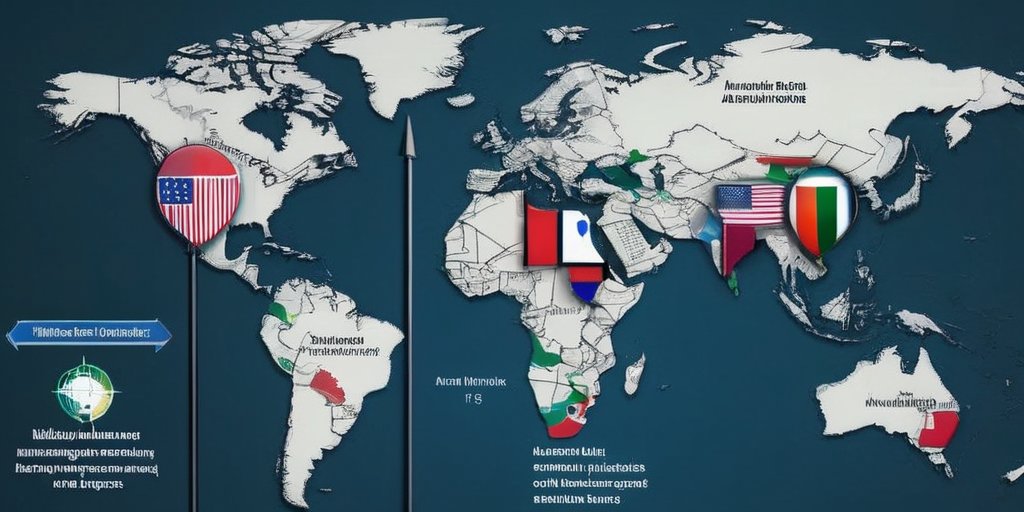In a significant move at a recent summit in The Hague, NATO leaders agreed to increase defense spending to 5% of their GDP by 2035, a decision that Donald Trump has hailed as a monumental victory. This agreement comes as a direct result of ongoing pressure from the former US president, emphasizing his long-standing advocacy for equitable defenses among NATO allies.
Describing the summit’s outcomes as a “big win for Europe and… Western civilization,” Trump commended the unity displayed by NATO members in confronting profound security challenges, particularly the ongoing threats from Russia and terrorism. A joint statement by NATO members highlighted their commitment to collective defense, reaffirming that an attack on one member would invoke a response from the entire alliance.
Despite the absence of a public condemnation of Russia’s actions in Ukraine, NATO Secretary General Mark Rutte reiterated the alliance’s determination and capacity to respond to any security threats. He stated, “This is a stronger, fairer, and more lethal alliance that our leaders have begun to build.”
Trump, participating in his first NATO summit since 2019, expressed satisfaction with the discussions, labeling the agreement as a catalyst for ensuring the international community’s safety and security. His call for equalized contributions from NATO allies has finally manifested into this ambitious spending goal.
The implications of this decision are vast, aiming for 3.5% dedicated to core defense by 2035, with an additional 1.5% allocated for investments linking various aspects of security infrastructure. The debate surrounding these commitments is already lighting up discussions in member countries, with nations like Spain expressing doubts about the feasibility of reaching the 5% target amidst their financial targets. Spanish Economy Minister Carlos Cuerpo commented on the debate over the percentage as being misguided as Spain aims for 2.1%.
Amid reservations from several leaders, including Belgian and Slovakian representatives, there remains a cautious optimism that this decision represents a collective response to modern security challenges. As NATO forges ahead, Trump’s role in shaping these commitments reflects his ongoing influence on international defense policy.
The historic nature of this summit underlines a pivot towards a more robust NATO that adapts to evolving threats, ensuring readiness in an increasingly unpredictable global landscape. Trump’s optimistic outlook signals not only potential challenges but also a renewed sense of direction for NATO’s future policy and alliance structure.
